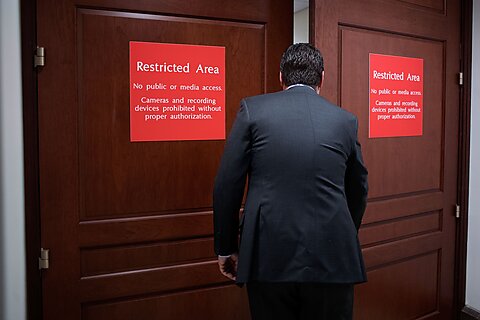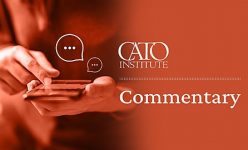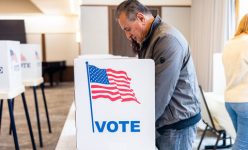
In the legislative business, there are certain “tells” that one side is losing the policy debate so badly that they have to resort to extreme tactics to try to pull out a win. Such appears to be the case with the House Intelligence Committee, which it seems is all but demanding a secret House floor session to debate portions or perhaps the entire compromise FISA reform bill.
This according to a late Sunday evening scoop by POLITICO’s Jordain Carney:
Since 1830, the House has met in secret session only four times: in 1979 (Panama Canal Treaty), 1980 (Soviet‐Cuban activity in Nicaragua), 1983 (also on Nicaragua), and 2008. The latter session was on the FISA Amendments Act, which created the now‐infamous FISA Section 702 program which will be the subject of this possibly upcoming new House secret floor session.
This is becoming the legislative equivalent of an episode of the “War on Terror” era Fox Television series 24.
In this particular episode, House members will be herded into the chamber and told that if they don’t agree to support the legislation before them “people will die.” They will have no real opportunity to question the veracity of the claims or alleged evidence presented to them, and then be informed that they can’t whisper a word publicly about what they were just told because it’s secret, and if they do they might become the subject of a special counsel investigation like a current sitting and former president has been.
I’d like to believe that this entire scheme will fall apart, but I’ve learned over my more than 35 years in Washington that when in doubt, always bet on fear.
This bill, which directly impacts the First and Fourth Amendment rights of potentially millions of Americans, should be debated in the open, under an open rule (i.e., unlimited amendments only subject to a pre‐printing requirement in the Congressional Record). If it is debated openly, it would be a much‐needed step in the direction of restoring real force to two cornerstones of the Bill of Rights.






















